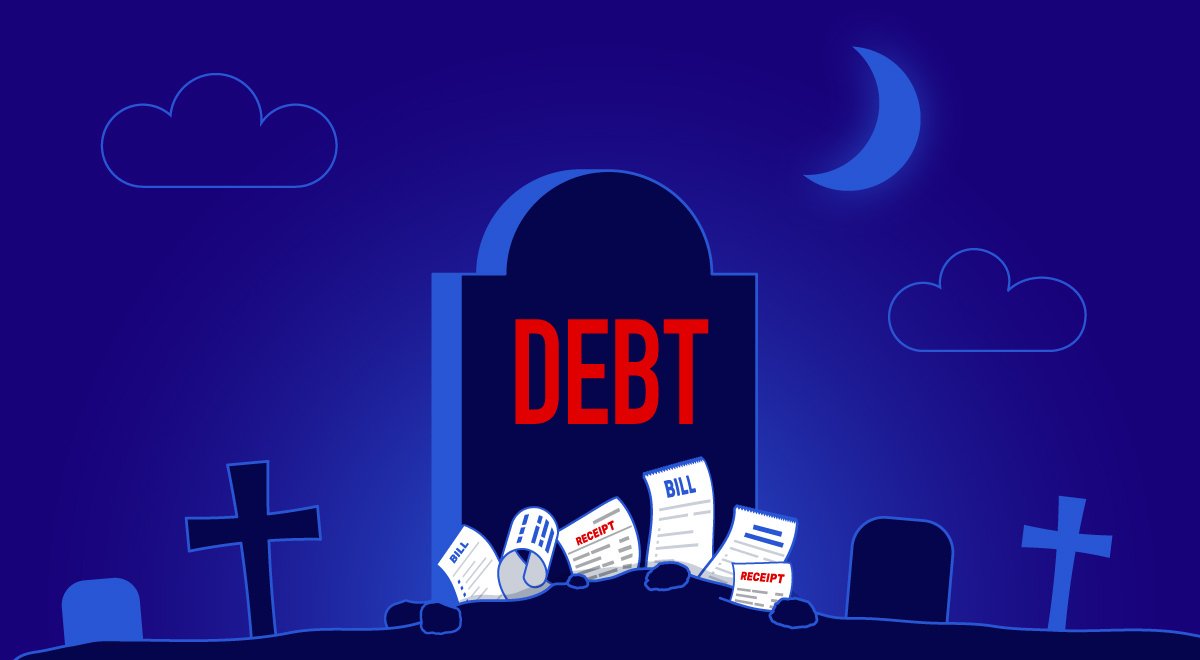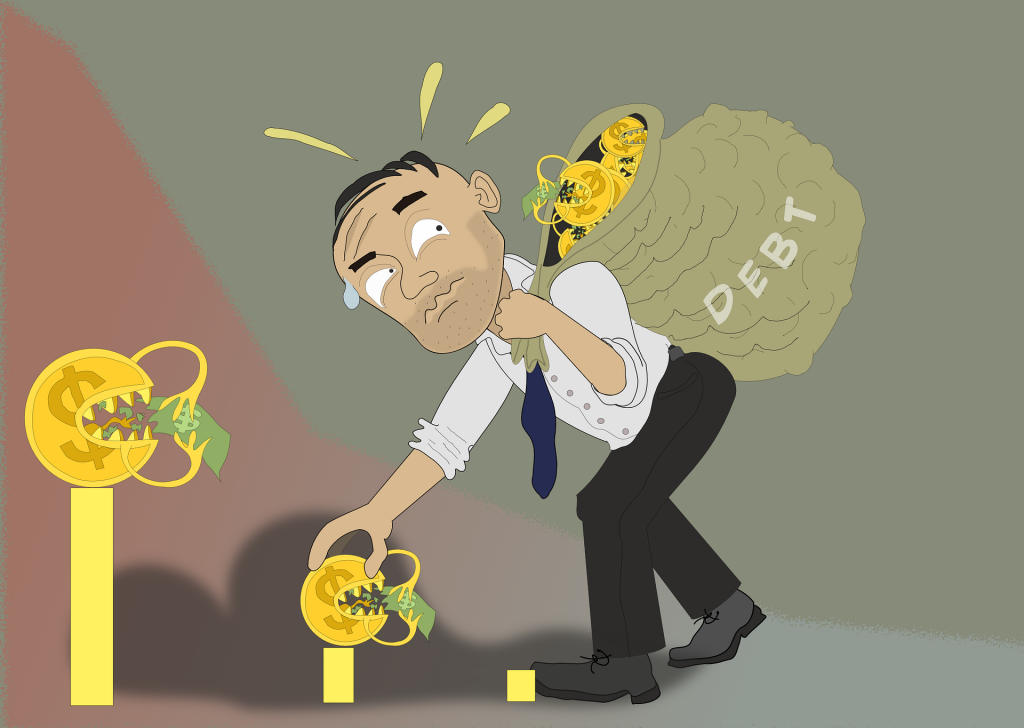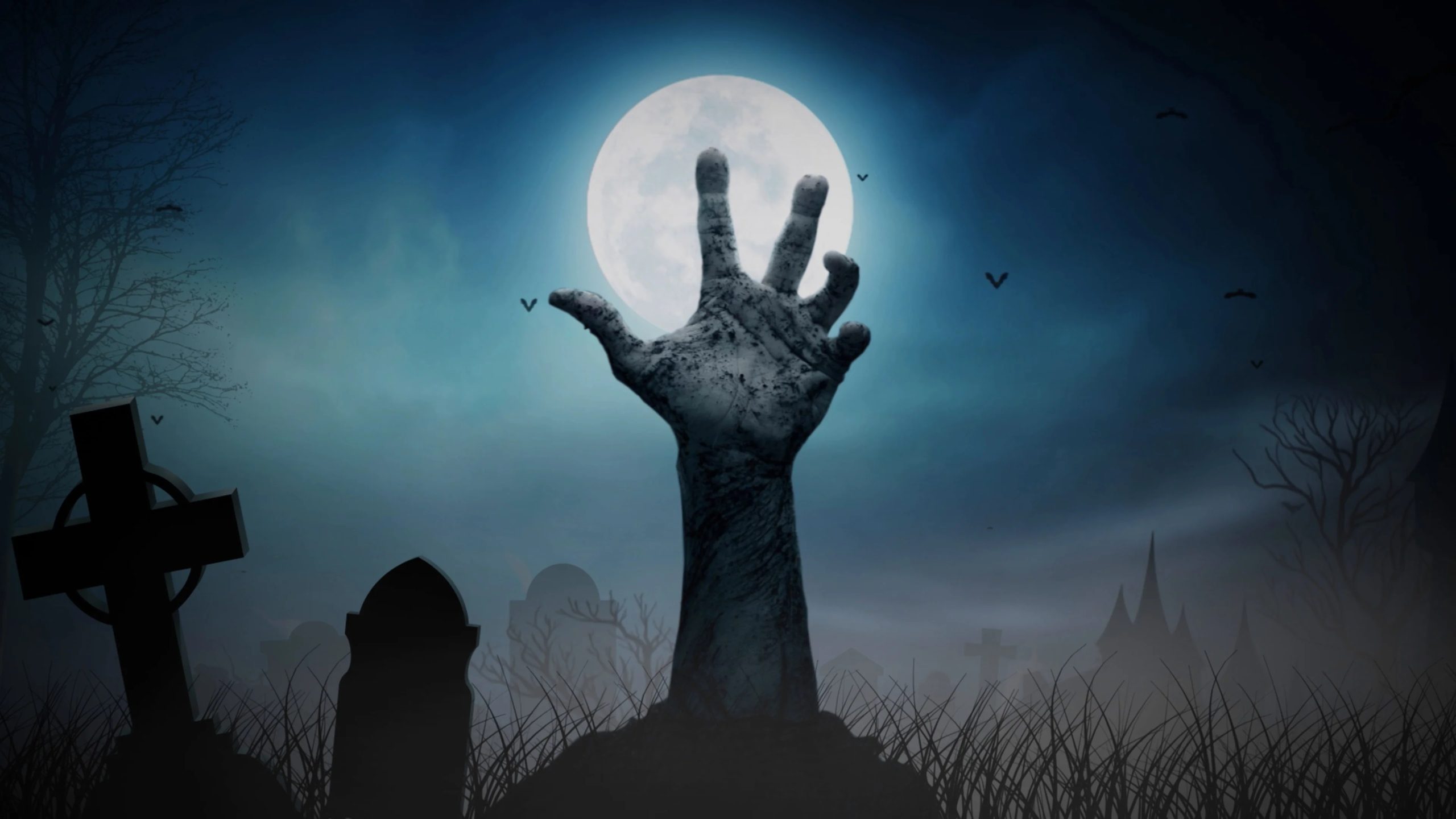
BBB Tip: Beware of Zombie Debt
St. George, UT — Old debt can come back to haunt you, long after you and your lender may seemingly have forgotten about it. This so-called “zombie debt” might reanimate collectors, but have grave consequences for your credit—especially if it’s something you don’t owe in the first place.
Better Business Bureau is reporting an increase in debt-collections resurfacing, some that have already been paid off or don’t belong to the consumer being contacted—but also a rise in legitimate cases of “zombie debt” that’s giving consumers an unpleasant surprise right before the start of the holiday season.
How does debt come back to life?
The ghost of old debt can resurface if you’ve filed for bankruptcy and had debts put on hold, renegotiated, or discharged completely. In other cases, collectors may have been unable to find you or passed on your bill to third-party collectors. Sometimes, these debts are legitimate, but in other cases, they aren’t. When debts are sold and resold, the records may be incomplete or inaccurate.
“Think of it as a game of ‘telephone,’” said Jane Rupp, President and CEO of BBB, “the more times a debt is passed around, the more chance that the related information is wrong.”
BBB has found the most common scenarios of zombie debt are:
- Unpaid debts that are beyond the statute of limitations when you can be taken to court for payment
- Unpaid debts you owe but forgot about
- Unpaid debts wiped out with bankruptcy
- Debts you already settled with the creditor
- Fraudulent charges from identity theft
- Fake debts “creditors” claim you owe as part of a scam
When Debt Collectors Call
Depending on the law, debt collectors are not allowed to sue for an old debt if the statute of limitations has expired; however, they are still allowed to contact you and ask to pay off the old debt. In Utah, oral or verbal agreements have 4 years, written contracts have 6 years, promissory notes like home and student loans have 6 years, and open-ended accounts like credit cards have 4 years.
However, if you start to make payments or acknowledge the debt in some way, the action may restore the collection agency’s legal right to take the matter to court. Never agree to make a payment on a debt you aren’t sure about, even if the collection agency puts pressure for payment.

When zombie debt resurfaces, the consumer’s job will be to determine whether or not it’s a trick (and certainly never a treat). The best way to start is by doing a thorough investigation. Search through old records to find bank statements and notices of payment. Gather as many facts as possible about the debt in question. Next, within 35 days of initial contact and without acknowledging the debt is yours, ask the creditor for a debt validation letter. The Fair Debt Collection Practices Act (FDCPA) requires the debt collection agency to provide you with written proof of the debt’s validity or a judgment against you, as well as the name and address of the original creditor if the debt was resold. Once this information is gathered, determine if the debt is really yours and if it still needs to be paid.
If you determine the debt was yours, but you already paid it, write a letter to the collection agency and demand that they cease contact. Include proof of payment if available. The collection agency is legally required to stop contacting you under the FDCPA.
If you determine the debt is not yours or is invalid, write a letter challenging its validity, and where applicable, include any proof you may have.
If you determine you do owe the funds and you can pay the debt, resolve the issue by first getting a payment agreement in writing and then eliminating your unresolved debt.
If you determine you do owe the funds, but you can’t pay the debt, you can pursue debt relief through bankruptcy or credit counseling.

When deciding what route to take, keep in mind that once a debt is past the statute of limitations, collectors can no longer sue you to get payment. In addition, the FDCPA stipulates that any unpaid debts should be removed from a person’s credit score after seven years. If you decide to begin paying or pay in full an old debt, it could restart the statute of limitations and affect your credit.
“Don’t let old debt fester,” said Rupp. “Unlike the ‘real’ undead, zombie debt collectors count on their targets having no brains at all—so the best defense is staying informed of your rights and keeping a close eye on your accounts.”
For More Information
Learn more about ways your identity can be compromised without even knowing it.
If you need to contact a collection agency to dispute a debt, request a debt validation letter, or to ask the collection agency to cease contact, use these templates on Consumer.gov.
Remember that while most debt collection agencies are legitimate, there may be times when a scammer is phishing for information. Don’t give out personal information over the phone or email, and beware of pushy, doom-and-gloom collectors who threaten you with arrest—especially if you’ve never heard of the debt before.
ABOUT BBB: For more than 100 years, the Better Business Bureau has been helping people find businesses, brands, and charities they can trust. In 2020, people turned to BBB more than 220 million times for BBB Business Profiles on 6.2 million businesses and Charity Reports on 11,000 charities, all available for free at BBB.org. Today, BBB serving Northern Nevada and Utah is supported by nearly 4,000 Accredited Businesses that have voluntarily committed to adhering to BBB’s Standards for Trust.





I am extremely impressed with your writing on Zombie Debt as well as with the layout of your blog. And also this article is really useful and informative. I have a similar blog that best describes What a Zombie Debt is and lots more. It is very helpful and you won’t want to miss out. All you need to do is to visit the platform through the link below. https://www.makeoverarena.com/what-is-a-zombie-debt/